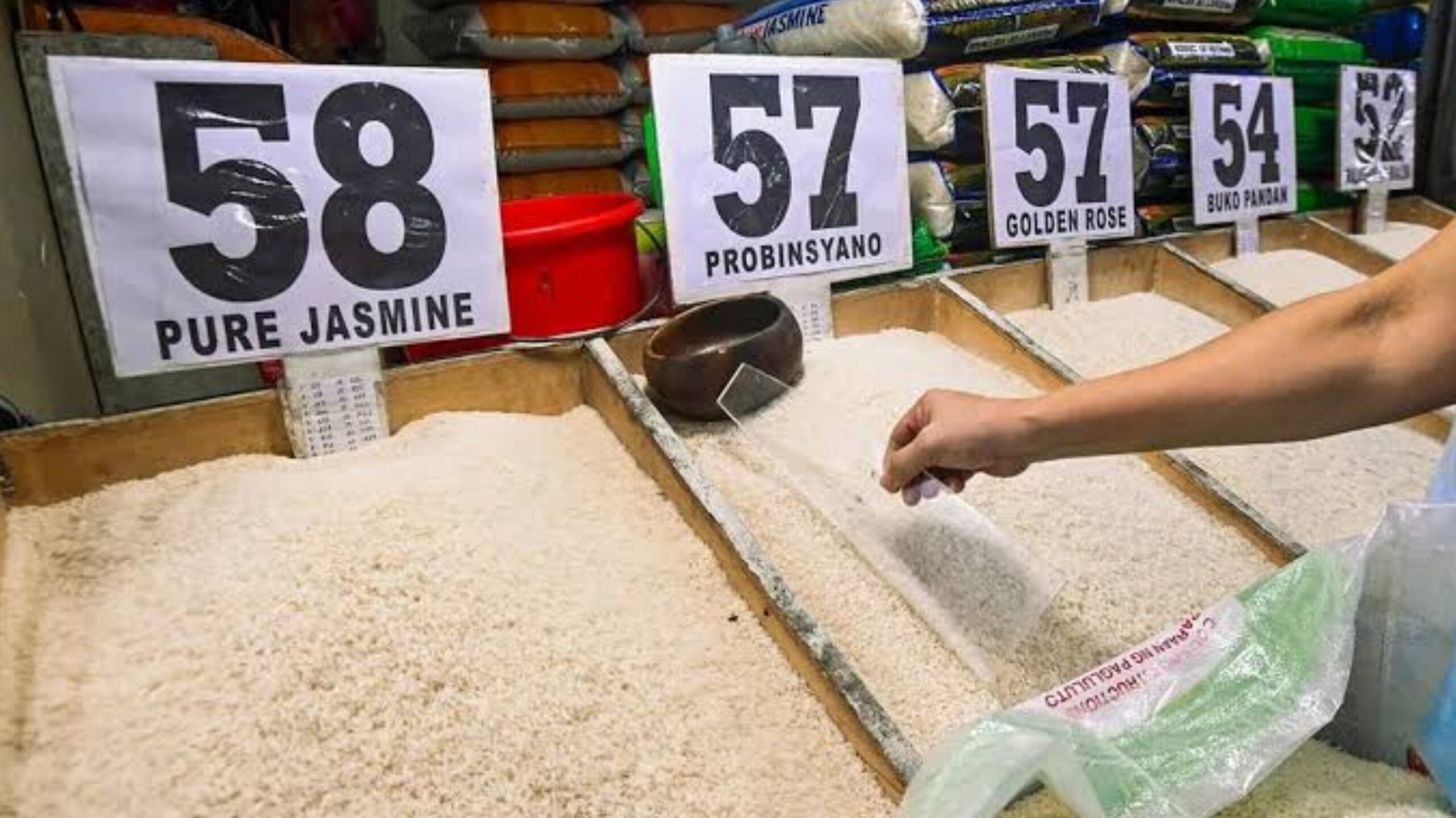
Retail prices of rice are likely to increase following President Ferdinand Marcos Jr.’s directive to suspend rice importation for 60 days starting September 1, 2025, according to an industry group.
“When imported rice decreases, local rice [supply] will take the hit… We expect prices to go up… Even now, we’re already feeling the effect. The price of palay has risen,” said Philippine Rice Industry Stakeholders Movement lead convenor Rowena Sadicon in an interview with DZBB.
“The impact will be higher palay prices for farmers—by about P1 to P2 [per kilo]… Most likely, retail rice prices will also increase by P1 to P2,” she added.
On Wednesday, Malacañang announced that Marcos ordered the two-month suspension of all rice imports upon the recommendation of Agriculture Secretary Francisco Tiu Laurel Jr.
The Federation of Free Farmers (FFF) criticized what it called the government’s “delay” in implementing safeguards for local farmers, saying many have been forced into debt, with some questioning whether it’s still worth planting rice at all.
“There are two things to understand… Our farmers were the reason behind this move. Its impact on us will be felt along the supply chain,” Sadicon noted.
According to the Philippine Statistics Authority (PSA), base effects are expected to cause rice retail prices to decline over the next four months.
In July, rice inflation registered a sharper year-on-year deflation at -15.9% from -14.3% in June. The downward trend, which began in August 2024, was attributed to base effects—particularly from the price surge starting August 2023—and the lower rice import tariff implemented in July last year.



